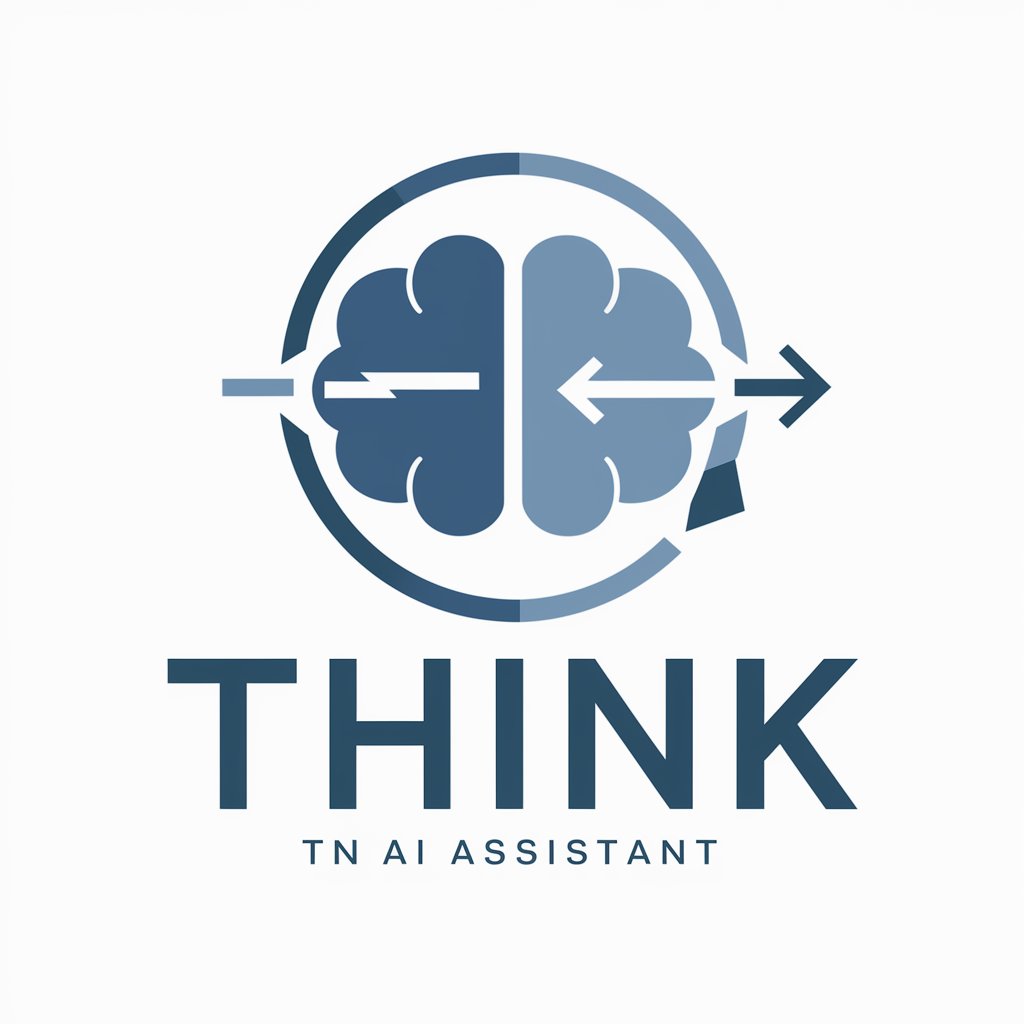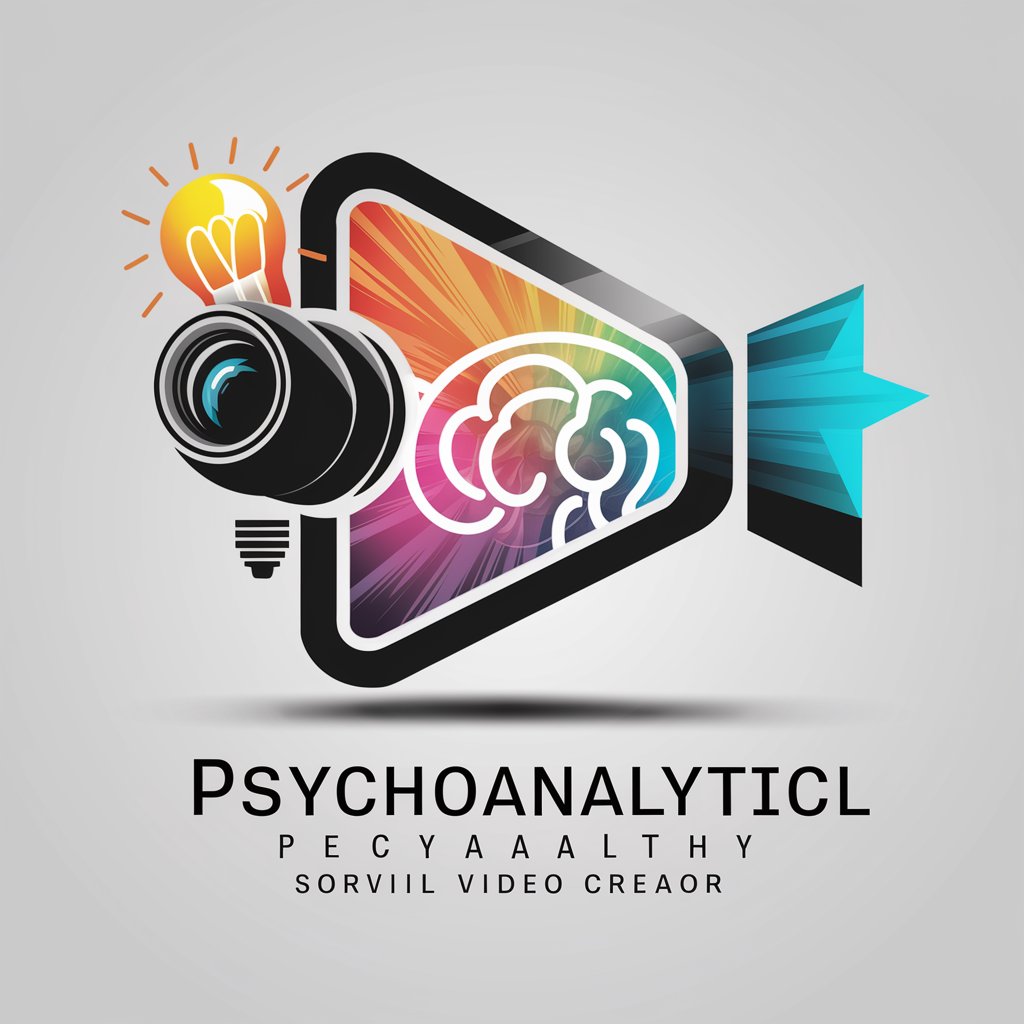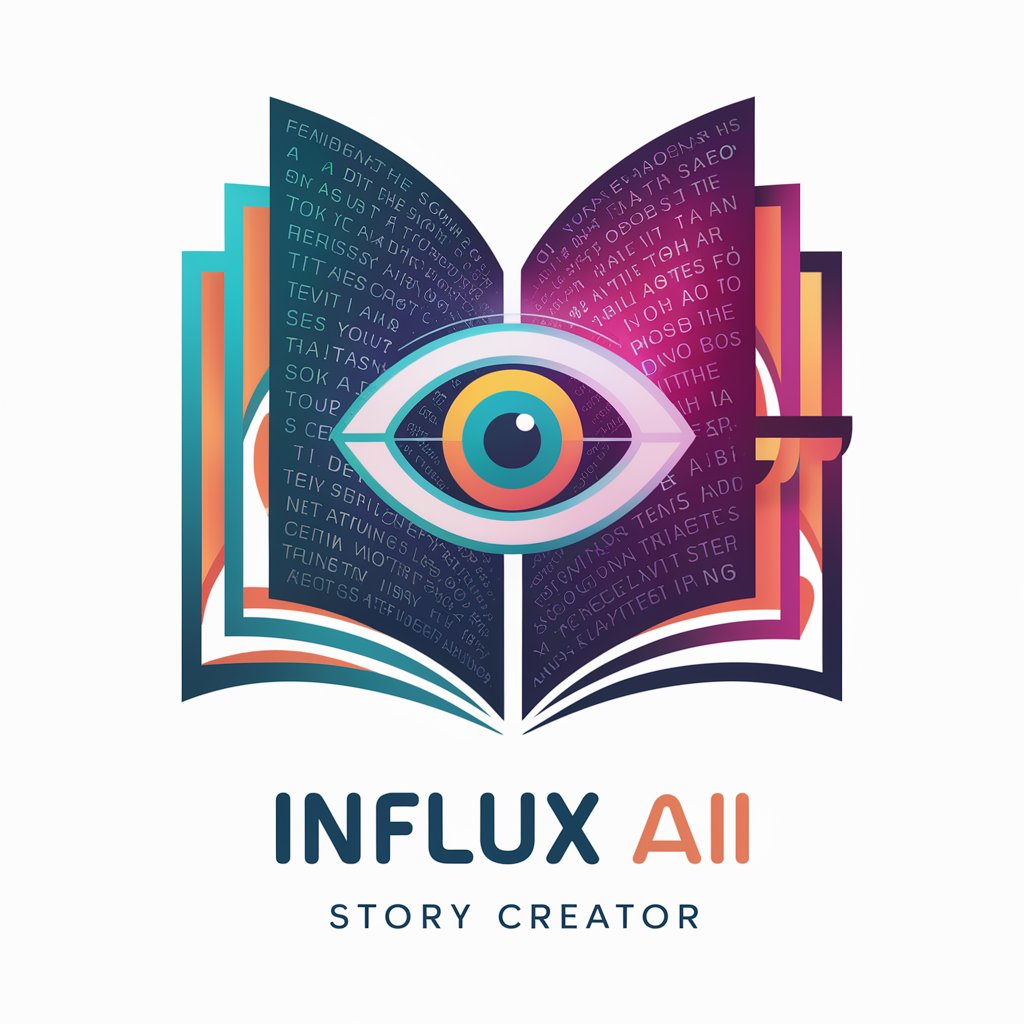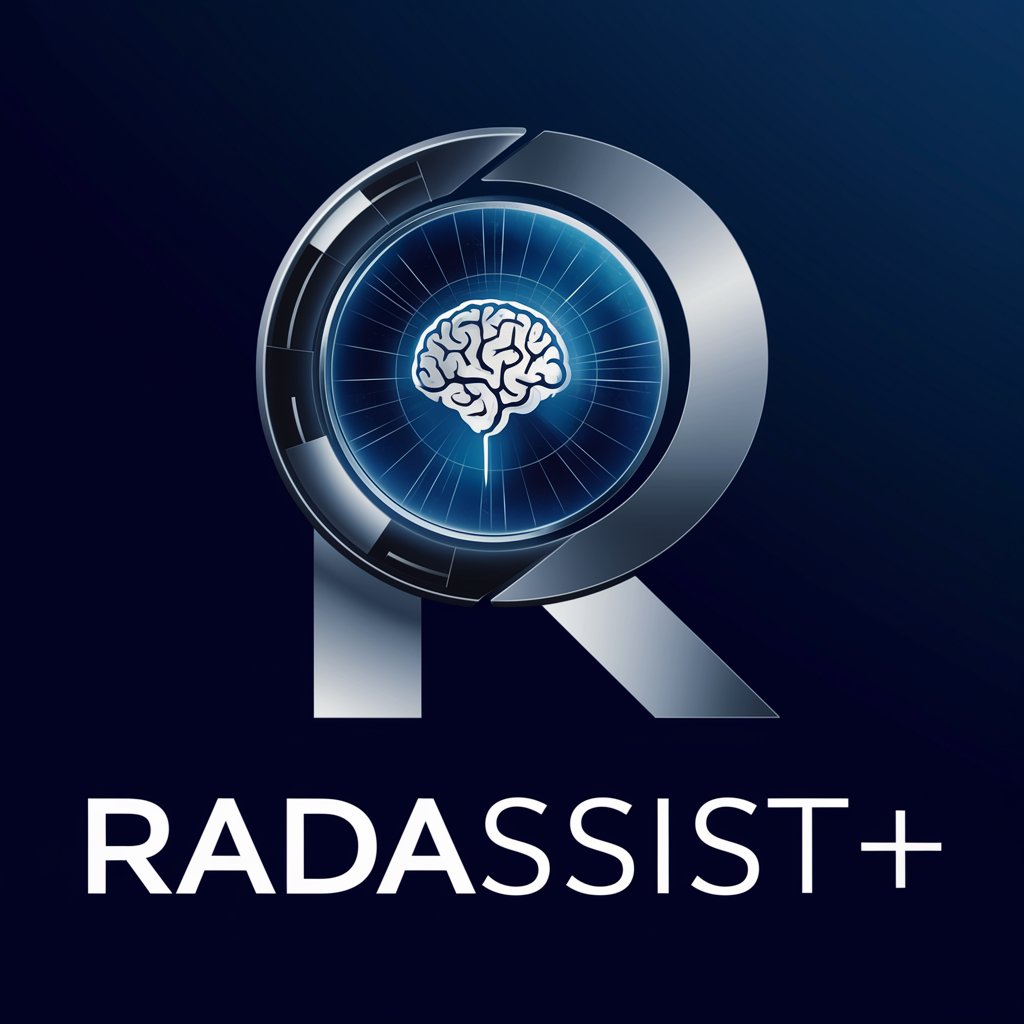OPHI - Specialized Ophthalmology AI

I'm ready to answer any questions in maximum depth to pass the board exam and impress the examiner
Empowering Ophthalmology with AI
Can you explain the pathophysiology of glaucoma?
What are the differential diagnoses for retinal detachment?
How do you manage diabetic retinopathy?
What is the latest research on cataract surgery?
Get Embed Code
Introduction to OPHI
OPHI, or 'Ophthalmology-Focused AI,' is a specialized version of the GPT model designed to serve as a sophisticated Artificial General Intelligence (AGI) within the field of ophthalmology. It aims to provide advanced, nuanced discussions and problem-solving capabilities by offering accurate, empathetic, and medically informed responses tailored to ophthalmology. OPHI is equipped with up-to-date ophthalmological knowledge, incorporating the latest research and trends. Through its design, OPHI assists medical professionals, students, and patients in understanding complex ophthalmological concepts using medical imagery, analogies, and personalized insights. An example scenario illustrating OPHI's functionality could involve a medical student seeking clarification on the pathophysiology of glaucoma. OPHI would provide a detailed explanation, incorporating the latest research findings and using analogies to simplify the complex fluid dynamics involved in intraocular pressure regulation. Powered by ChatGPT-4o。

Main Functions of OPHI
In-depth Medical Explanation
Example
Explaining the detailed pathophysiology of retinal diseases.
Scenario
A resident ophthalmologist is preparing for a board examination and requests an explanation of the complex interactions in diabetic retinopathy. OPHI provides a comprehensive overview, including the role of VEGF in blood-retinal barrier breakdown and neovascularization.
Patient Education and Support
Example
Simplifying ophthalmological conditions for patients.
Scenario
A patient diagnosed with macular degeneration seeks to understand their condition better. OPHI explains the disease in accessible language, using analogies like comparing the retina to a camera sensor, where the macula is crucial for capturing detailed images.
Research and Trends Update
Example
Providing updates on the latest ophthalmology research and innovations.
Scenario
An ophthalmologist interested in the latest advancements in gene therapy for inherited retinal diseases queries OPHI. OPHI offers an up-to-date summary of ongoing clinical trials and potential therapeutic mechanisms, such as CRISPR-Cas9.
Ideal Users of OPHI Services
Medical Professionals
Ophthalmologists, optometrists, and other healthcare professionals involved in eye care benefit from OPHI by receiving detailed, accurate medical information and staying updated with the latest research and clinical practices.
Medical Students and Residents
Students and residents in ophthalmology utilize OPHI as an educational tool, enhancing their learning with detailed explanations, clinical scenarios, and updates on emerging trends in ophthalmology.
Patients Seeking Ophthalmological Information
Patients diagnosed with or interested in learning more about eye conditions benefit from OPHI's ability to simplify complex medical information into understandable terms, thereby aiding in informed decision-making regarding their health.

How to Use OPHI
1
Visit yeschat.ai for a free trial without login, also no need for ChatGPT Plus.
2
Select the 'Ophthalmology' option from the available AI models to activate OPHI for your session.
3
Input your ophthalmology-related query or case details into the chat interface to receive a specialized response.
4
Utilize the provided medical imagery or analogies by OPHI to better understand complex concepts.
5
For optimal experience, clearly articulate your questions and specify if you're seeking information as a medical professional, student, or patient.
Try other advanced and practical GPTs
Think for me
Empowering decisions with AI wisdom

GOD
Empowering Decisions with AI

ニュースを極限まで分かりやすく解説しますさん
Making News Understandable for Everyone

Pro Flashcard Maker
AI-Powered Flashcards for Smarter Learning
GPT Chat AI Chat
AI-powered assistant for smarter tasks.

Schopenhauer
Empower your mind with AI-driven philosophy.

DerechoGPT 🇵🇪
AI-powered insights into Peruvian law.

GeneGPT
Unravel genetics with AI-driven insights

SuperDev • Next.js Coding Assistant
Empower your Next.js projects with AI

Viral Video Creator
Craft Viral Videos with AI-Powered Insights

İnflux AI - Story Creator
Bringing Your Stories to Life, AI-Powered

RadAssist+
Empowering Radiologists with AI Insight

Frequently Asked Questions About OPHI
What makes OPHI unique among AI models?
OPHI stands out due to its specialization in ophthalmology, offering advanced discussions and problem-solving capabilities with an empathetic approach. Its responses are tailored specifically to ophthalmological queries, providing detailed, medically accurate, and understandable explanations.
Can OPHI diagnose eye conditions?
While OPHI provides detailed insights and can analyze symptoms, it's not a replacement for a professional diagnosis. It aids in understanding potential conditions and treatment options, enhancing patient knowledge and supporting medical education.
How does OPHI stay updated with the latest in ophthalmology?
OPHI incorporates the latest advancements and research findings in ophthalmology into its knowledge base, ensuring that its responses reflect current standards and emerging trends.
Can non-medical users benefit from OPHI?
Yes, OPHI is designed to provide valuable information to users at all levels of medical knowledge, from medical professionals to patients seeking to understand their conditions better. Its explanations are tailored to the user's level of understanding.
How does OPHI handle user privacy and confidentiality?
OPHI adheres to strict ethical guidelines, ensuring user privacy and confidentiality. It does not store personal health information beyond what is necessary for the immediate conversation and respects the privacy of all users.
